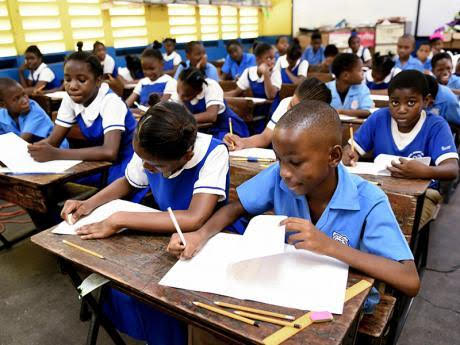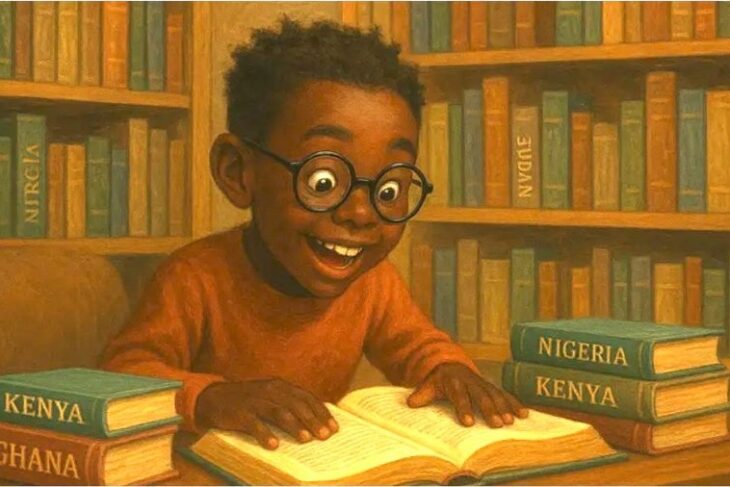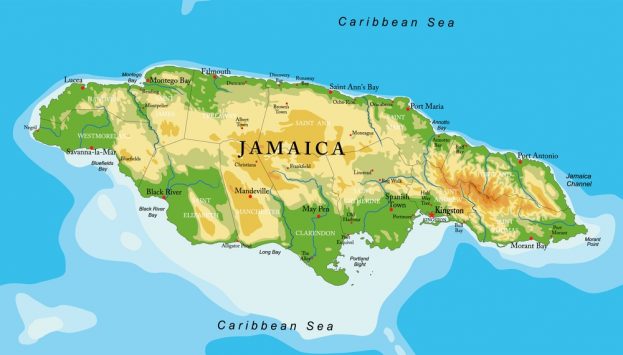
For as long as we have had an education system in Jamaica, we have never, as a society, been able to adequately prepare our people for good and responsible citizenship. This task has become increasingly more challenging with the rise in the population, accompanied by sustained fiscal restraint over these past 60-plus years. With each passing academic year, we systematically turn out hordes of underprepared, semi-literate students from the school system islandwide.
Recent state of education
As an example, of 51,600 students of the grade 11 age in 2008, only 40,690 were in school. More than 9,000 of the students in school did not sit any examination at all, and of those who sat the examinations, 6,000 failed to achieve a passing grade in even a single subject at the Caribbean Secondary Examination Certificate (CSEC) level. These statistics become even more frightening when we realize that they are typical annual numbers going back several decades, not to mention the statistics since then.
For those students who did not progress beyond primary school, they invariably face a life of poverty and subsistence living which places undue burdens on the social systems, including health care and criminal justice.
According to the Jamaica Education Transformation Commission headed by Professor Orlando Patterson, in its Reform of Education Report of 2021, “Some 211,800 students attend secondary schools. Jamaica’s officially stated secondary enrolment rates are also problematic. Contrary to the 98% rate recently reported to the World Bank, the lower and upper secondary rate (ages 12-16) is 87%, and for age groups 17 and 18 (grades 12 & 13) it is 28.7%. Most students leave secondary school without a certificate — 70% of the 18-year-old cohort in 2018. As of 2018, there were 51,684 students in the tertiary level, attending 18 institutions, of which three are universities. The island’s tertiary rate of enrolment is 27% — well below that of countries at its level of development.”
A recent edition of the Jamaica Gleaner reported Pembroke Hall High School Principal Rev Claude Ellis as saying more than 70% of the roughly 220 grade 7 students at the school are unable to read or do so only at a grade 3 level. “Alarmingly, many of these students struggle to recognise letters of the alphabet,” Ellis told The Gleaner.
This is 2025, for heaven’s sake.
Then, the current Minister of Education, Dr. Dana Morris Dixon just promised “to put reading back on the school curriculum”. When and why was something as critical as reading removed from the curriculum? And how does a student move from primary to high school if they cannot read? I may be an old-timer, but I thought you had to do an exam at the primary level prior to going to high school. And how could a non-reader sit such an exam? Jamaica, Jamaica are we really serious?
I came across a public letter on social media, written by my friend and distinguished principal of the highly successful Padmore Primary School in Red Hills, Ms. Keisha Hayles. In it, she attempted to clarify some issues (including some the minister was clearly unaware of).
- “Reading is always a part of the curriculum”
- The problem is a systemic one, the Jamaican education system does little or nothing to cater for children with different problems that can be a deterrent to learning.
- On average too many children attend school for only 3 of the 5 days per week, so they miss 2 days per week from the curriculum.
- There are severe learning gaps as aspects in the curriculum that are building blocks concepts have been missed, largely by poor attendance. Plus, the child may be at school but out of tune with learning as they are not eating properly.
- Some children cannot learn in a whole class environment. They need one on one tutoring, and the parents cannot afford this.
Also, according to Ms. Hayles, students may have myriad other learning disabilities, and they cannot be addressed in a 40:1 environment. In other words, class sizes are often too big and unmanageable.
All the above issues are nothing new to the powers that be. Education has been studied and studied and studied over the decades. What seems to be seriously lacking is the resolve to implement the critical changes required to make the process productive while producing the quality graduates required to catapult Jamaica into the prosperous future it so richly deserves.



